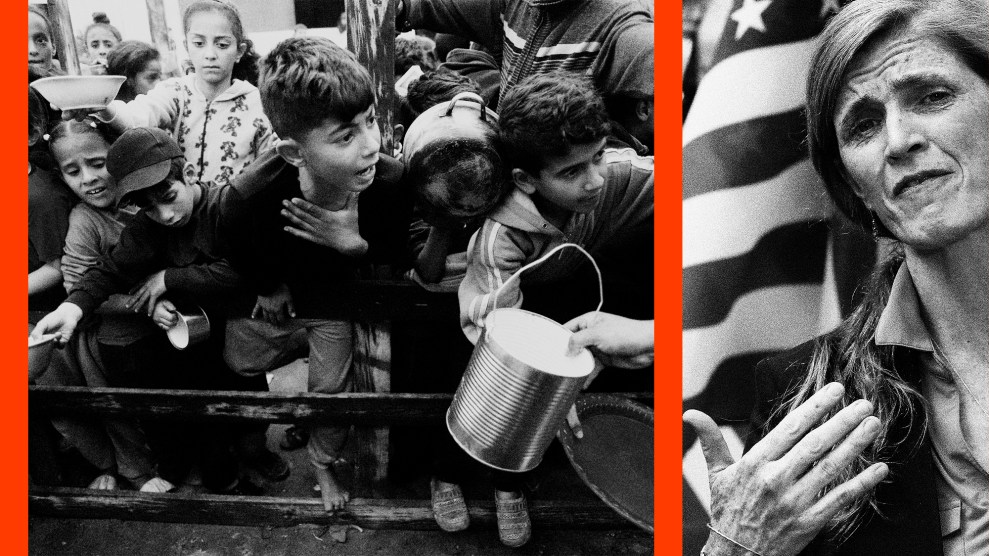Back in March, Stephanie Mencimer wrote a story for MotherJones.com about Daniel Troy, the former chief counsel to the Food and Drug Administration. As FDA, chief, Troy introduced a questionable legal theory called preemption, in which agency lawyers would show up in state courts and argue that companies whose products had been approved by the FDA were protected from lawsuits even if they injured people in violation of state laws. Today, the House Oversight and Government Reform committee released a report (PDF) revealing that “key FDA career officials strongly objected to Bush Administration drug labeling regulations that would preempt state liability lawsuits.” According to the report, FDA career officials said “that the central justifications for the regulations were ‘false and misleading'” and warned “that the changes would deprive consumers of timely information about drug hazards.” In her story, Stephanie explained how much the FDA’s embrace of preemption represented a break from the past:
Promoting preemption is a radical new policy for the FDA, which has long believed that, far from interfering with its mission, state tort lawsuits actually enhanced public safety by providing a financial incentive for companies to comply with federal regulations. Troy’s predecessor, Margaret Porter, a career official, wrote in 1997 that the agency had a long-standing policy against preemption, because “even the most thorough regulation of a product such as a critical medical device may fail to identify potential problems presented by the product…. Preemption of all such [tort liability] claims would result in the loss of a significant layer of consumer protection.”
Unfortunately for the conscientious FDA career officials named in the oversight committee’s report, Daniel Troy’s legal innovation may become the law of the land. On Monday, the Supreme Court will hear oral arguments in the case of Wyeth v. Levine. Stephanie explains the stakes:
The plaintiff in Wyeth v. Levine is a musician who won a multimillion-dollar jury verdict after her arm was amputated due to an improperly administered drug. The drug company, Wyeth, is arguing that the verdict should be overturned because the FDA’s 2006 preemption preamble on drug labeling bans such lawsuits. If Wyeth wins, essentially all private, state-court lawsuits over dangerous drugs and medical devices will be wiped out—and a window into the workings of the companies poorly regulated by the FDA will be boarded up.
MotherJones.com will have full coverage of the case next week. Apparently there’s an election happening, too: make sure you follow MoJo Blog for the latest developments.











